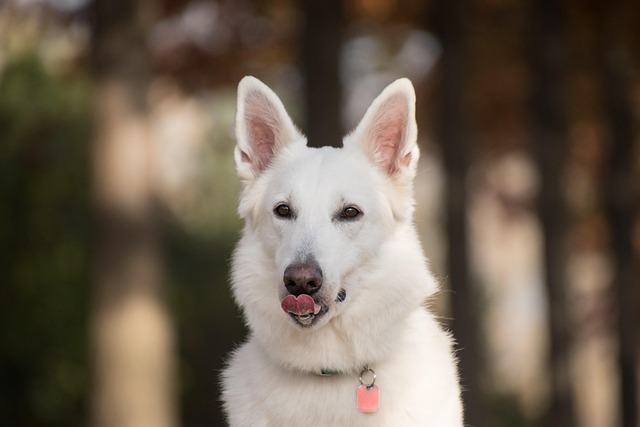
Are Irish setters easy to potty train?
When the Irish setter walks with an elegant pace, its reddish-brown hair shines in the sun, and its lively eyes are full of curiosity and enthusiasm, anyone will be attracted by this unique charm.
As humanity's most loyal companions, dogs bring endless joy and warmth to our lives. From the moment we bring a dog home, many owners are filled with anticipation, hoping to train their dogs to be well-behaved and obedient. However, a crucial question arises: What is the most suitable age to train a dog?
A dog's growth is like a wonderful journey, with unique characteristics at different stages. Generally speaking, puppies between 3 and 6 months old reach a golden period for training, which is similar to the childhood enlightenment stage of human children. Puppies at this age are extremely curious and eager to explore the world around them. They are like a blank canvas, waiting for their owners to write beautiful chapters with patience and love. At this time, a puppy's brain is like a sponge, capable of quickly absorbing new knowledge and has great plasticity. Starting training at this stage enables the dog to adapt to various commands more quickly, develop good habits, and establish a closer communication and trust relationship with the owner in the future.
Take the training of the simple "sit" command as an example. When a puppy is in this golden period, the owner holds a delicious snack, clearly says "sit" in front of the puppy, and at the same time moves the snack upward. Driven by the instinct to chase the snack, the puppy raises its head, and its bottom naturally drops. The moment its bottom touches the ground, the owner immediately gives the puppy a snack as a reward and praises it enthusiastically. After repeating this several times, the puppy can quickly understand the connection between the "sit" command and receiving a reward. This early training not only helps the dog master skills but also deepens the emotional bond between the dog and the owner during the interaction. Every successful training session is an expression of love.
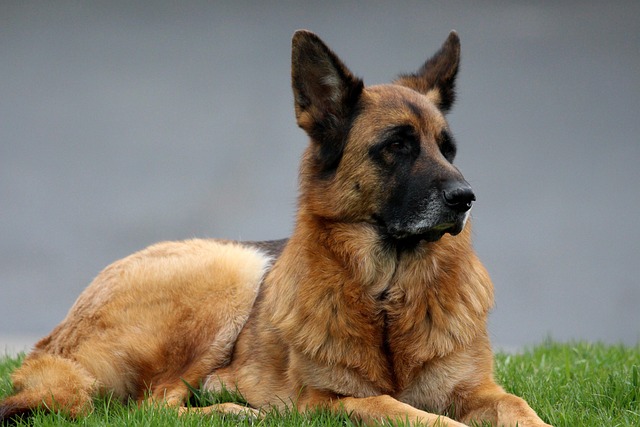 When a dog reaches the age of 6 to 12 months, training is still feasible, but compared to the golden period, it becomes more difficult. Dogs at this stage gradually develop their own little thoughts, and their independence begins to show. For example, during a walk, they may be more enthusiastic about exploring the flowers and plants by the roadside and sniffing unfamiliar smells, and their attention to the owner's commands decreases. But this doesn't mean that training is useless. As long as the owner uses the correct methods, the dog can still make progress. At this time, the training needs to pay more attention to guidance and motivation. The fun of training can be appropriately increased, such as setting up some simple obstacles, allowing the dog to learn commands while playing, and giving special rewards like its favorite toy or delicious dried meat after completion. In this way, while enjoying the fun, the dog can also better accept the training and gradually adapt to the owner's requirements.
When a dog reaches the age of 6 to 12 months, training is still feasible, but compared to the golden period, it becomes more difficult. Dogs at this stage gradually develop their own little thoughts, and their independence begins to show. For example, during a walk, they may be more enthusiastic about exploring the flowers and plants by the roadside and sniffing unfamiliar smells, and their attention to the owner's commands decreases. But this doesn't mean that training is useless. As long as the owner uses the correct methods, the dog can still make progress. At this time, the training needs to pay more attention to guidance and motivation. The fun of training can be appropriately increased, such as setting up some simple obstacles, allowing the dog to learn commands while playing, and giving special rewards like its favorite toy or delicious dried meat after completion. In this way, while enjoying the fun, the dog can also better accept the training and gradually adapt to the owner's requirements.
After a dog reaches 1 year old, although it is basically an adult and its personality is relatively fixed, training still holds great significance. At this stage, the dog's physical functions are mature in all aspects, and its comprehension ability is further enhanced. However, since it may have developed some bad habits before, such as food guarding and barking randomly, correcting these habits requires the owner to invest more patience and time. For example, regarding the problem of food guarding, the owner can issue the "wait" command during feeding. After the dog waits quietly, the owner can then put down the food. If the dog tries to snatch the food, the owner should immediately take the food away and repeat the command until the dog learns to wait patiently. Through continuous and firm training, the dog can still get rid of its bad habits and become more gentle and polite even after reaching adulthood.
In fact, the best age for training a dog is not absolutely fixed. The key lies in the owner's attitude and methods. No matter what age the dog is, as long as the owner interacts actively with the dog full of love and patience, the dog can grow and make progress during the training. During the training process, we face challenges together with the dog and witness every small step of its progress. These moments will become precious memories in each other's lives. Every training session is an expression of our love for the dog, and what the dog gives back to us is unconditional trust and loyalty. From the innocent learning in the puppy stage to the tacit cooperation in adulthood, the relationship between the dog and the owner continues to sublimate during the training. As long as we accompany and teach with our hearts, starting the training at any time can lead to having a well-behaved, lovely dog that is in tune with us, and we can jointly write a beautiful story of happy companionship.

When the Irish setter walks with an elegant pace, its reddish-brown hair shines in the sun, and its lively eyes are full of curiosity and enthusiasm, anyone will be attracted by this unique charm.
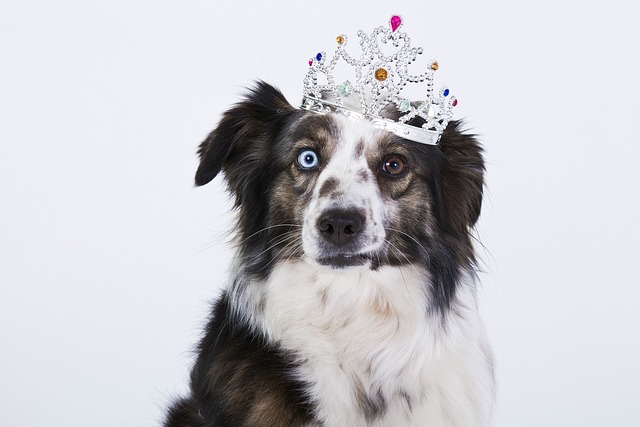
When the furry little life stumbles into our lives, the soft and sticky cry and wagging tail instantly melt the hearts of countless dog owners. However, behind this sweet companionship, puppy potty training is like a mountain in front of them.
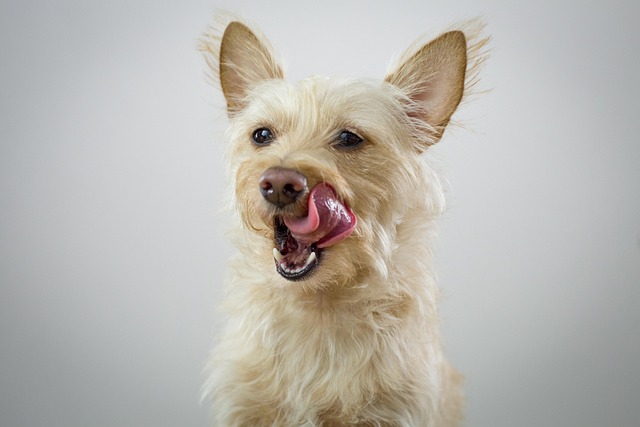
In the steel jungle of the city, more and more people are eager to have a furry companion to add more warmth and companionship to their lives.
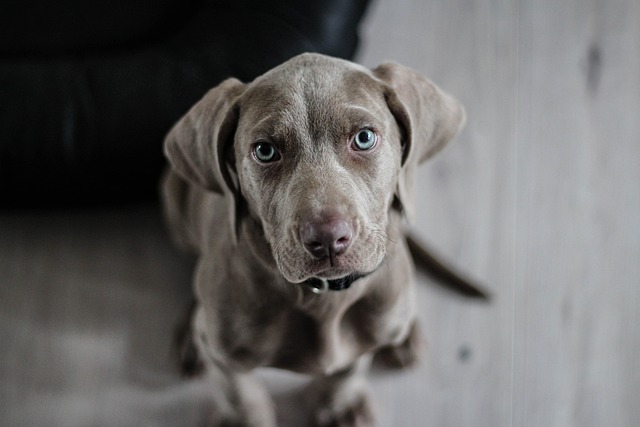
Training puppies to develop good house bowel habits is a process that every pet owner looks forward to and is full of challenges. This is not only about the cleanliness of the home environment,
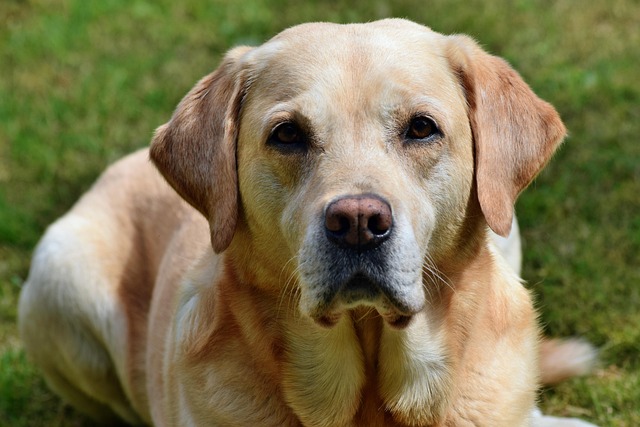
Dog walking is supposed to be a pleasant time for people and dogs to enjoy each other's company, but when the dog drags the leash and rushes around, this beautiful moment is broken.
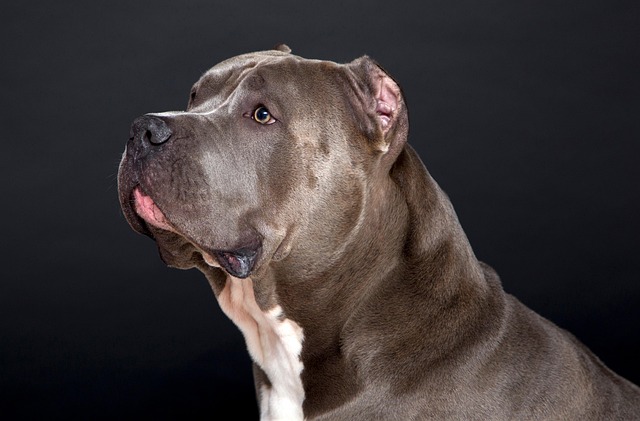
When a dog suddenly poops in a specific area of the house, it not only causes cleaning troubles but also makes the loving owner feel anxious and helpless.